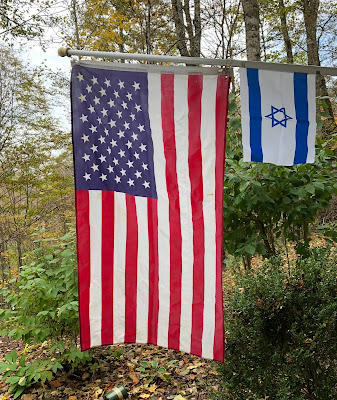Power in the modern State/Nation/Union runs around in a big circle.
As in a big atom-smasher, where charged-up sub-atomic particles race to oblivion, or to wherever it is that electrons and protons and quarks and neutrinos and cheerios go when they manifest at the speed of light transforming between energy and matter . . . between things falling apart and things hanging together. . .
Power in the modern State cycles around, and is transformed, into greater and greater levels of constructivity. And, unfortunately, destructivity.
On one side of the Circle is Left, and on the other is Right.
The two sides meet at top and bottom. At these two polarities—top and bottom—Left and Right merge together in a region where Left and Right are indistinguishable, for instance . . .
A Government in which Democrat and Republican allow neutrally pragmatic institutions for the sake of productivity and increase.
A State in which Socialist and Capitalist tolerate similar policies that do not violate their diverging identities.
A Regime where Left and Right achieve tolerance, mimicking each other in their tactics.
Now looking back, a lifetime ago . . .
At the top, leaders and their agents at the peak of diplomacy met with the other side to do business, but unknowingly made arrangements that passively allow harm to all the citizens of the world who would soon get caught in the crossfire.
And a few years later. . .
An Agreement in which Communist and Fascist coexisted, militarily, for about two years, by means of a sham treaty . . .
A Treaty in which, 80 years ago, a Communist and a Nazi tyranny attacked and plundered the Polish nation that lay between them.
Then, years after that initial double-sided invasion . . .
Allied armies later penetrated the morass of Power, bringing to light of day the deplorable bottom where Nazi concentration camps were found, and later, Communist gulags. These hellhole prisons were established by both sides, for purposes of controlling both their peoples by means of the same criminally cruel imprisonments and executions.
Because Left and Right made no difference in their tortuous abuses of mankind.
At that low point, persecution, torture, imprisonment, pain and death are the same whether they’re inflicted by a damn Communist or a damn Nazi.
More generally, however. . .
These days, at the Top
of our hypothetical circle we catch sight of moderate players who manage to do their moderating thing in spite of the treacherous slippery slope curvature of the two sides.
And at the Bottom—in the pit of both sides’ dubious or even despicable practices, the tactical crimes common to both extremities are occasionally uncovered, identifiable as the same atrocities.
Because Left and Right make no difference, at their extremities, in their manipulations and abuses of mankind.
At what is perhaps our present High point, everybody seems to be chugging along in a globalized quasi-peace.
But at some future a Low point, persecution, torture, imprisonment, pain and death will be the same whether they’re inflicted by a Socialist or a Fascist, a Democrat or a Republican, by a whacko shootist or a jihadist terrorist.
At some other low point of history, armies representing Truth and Justice—if there is such a thing in this circle— will be required again, to blast their way into the cycle of hellish human history, and liberate those prisoners who are caught in the crossfire.
Even now, the widening gyre, the next circle, gathers speed to ramp up to dizzying velocity, delivering at some dismal low point of human depravity a new deposit of deplorable arrests and atrocities, accumulating in the pit where innocent souls get caught in the crossfire, deprived of justice and mercy.
Beware. On the last go-round, the pit could be bottomless.
Get ready to meet your maker. If you don't acknowledge the Maker . . .well, good luck with that. May the bird of paradise fly up your nose until it all hits the fan.


